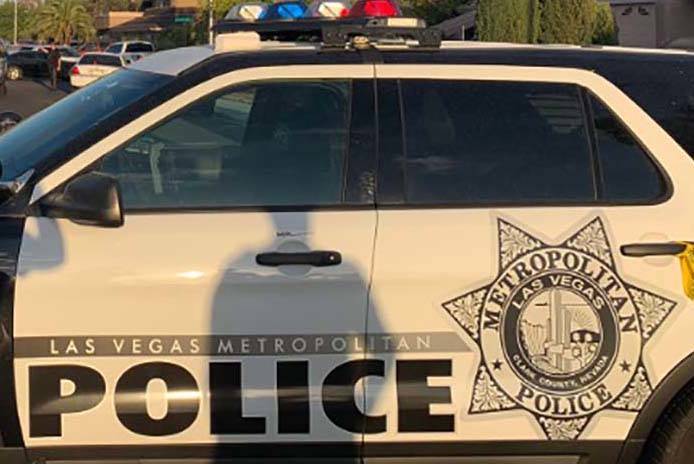EDITORIAL: Metro, transparency costs and accountability
It’s vital during these turbulent times that law enforcement agencies reaffirm their commitment to transparency. It’s inexplicable, then, that the Metropolitan Police Department stubbornly insists on moving in the opposite direction.
Starting next month, the law enforcement agency has announced, it will cost members of the public $280 to obtain one-hour of footage from an officer’s body camera. That’s almost six times the $48 price set when Metro first equipped officers with the technology in 2014 and a 45 percent increase from the $192 fee set last July. It’s hard not to conclude that the department’s arbitrary cost hikes are intended to discourage citizens from viewing the footage.
“The whole purpose of the body cam is for the public to see the footage,” Frank LoMonte, director of the Brechner Center for Freedom of Information at the University of Florida, told the Review-Journal. “Once you start putting hundreds of dollars of fees on top of it, it ceases to be accessible.”
While Metro’s new policy is disappointing, it is hardly surprising. Under Sheriff Joe Lombardo, the department consistently fought efforts to make public documents and videos related to the Oct. 1 massacre. Even after the judiciary intervened, the department slow-played records requests and continued to challenge open government mandates in court. It took the department nine months to release body cam footage from the deadly Strip tragedy.
Metro officials argue that the higher fees and delays relate to the time and cost it takes the department to redact “sensitive” information from the audio and video. We’ll leave for another day whether allowing the police to censor such videos under the guise of protecting an “ongoing investigation” is actually in the best interest of the public or is simply another way for the department to limit accountability. The fact is, however, directly invoicing citizens for charges unrelated to the actual material costs of producing the documents is a thinly veiled effort to discourage document inquiries — particularly when Metro has a public records unit devoted to fulfilling such requests.
It’s worth noting that District Court Judge Richard Scotti in 2018 determined that state law did not allow the department to charge news organizations $50 an hour to edit officer body cam footage from the Oct. 1 shooting.” An excessive fee,” the judge wrote, “is the antithesis of accountability.”
None of this is apparently of any concern to the sheriff or the department, which has previously shown no hesitation to spend other people’s money on futile legal fights. But as thousands of Americans demonstrate in the streets — in Las Vegas and elsewhere — over a lack of police transparency, Metro’s continued intransigence when it comes to accountability sends precisely the wrong message.




























